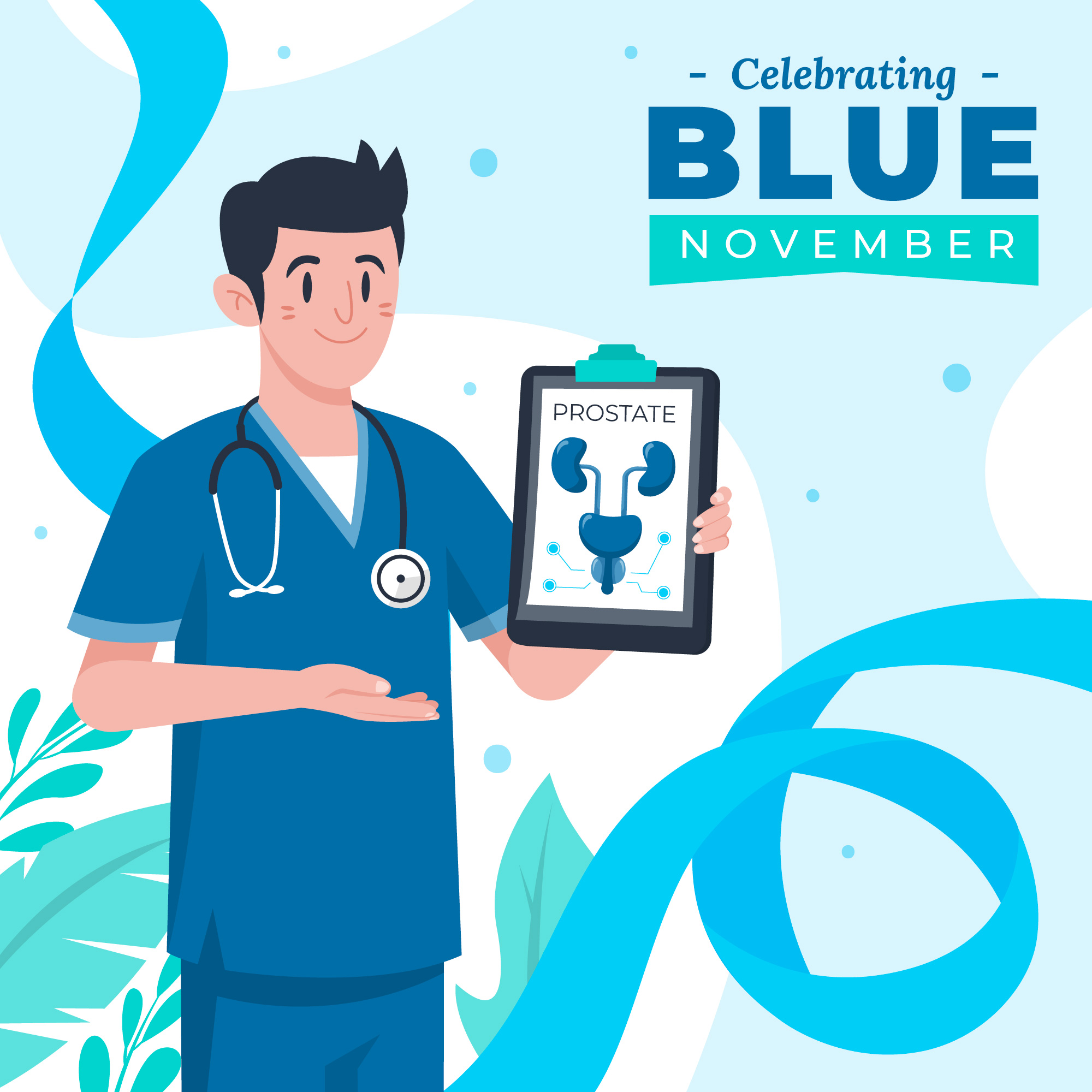

The prostate is a very important part of sexual health in a man. It’s central to the ejaculatory process and despite its small size, it has a mammoth function and responsibility.
The ejaculatory process involves mixing the prostatic secretions with sperm from the seminal vesicles, ejecting them into the urethra, and closing the bladder neck to ensure no urine encounters the sperm and the man doesn’t ejaculate urine. This is because the acidity of the urine can be fatal to spermatozoa.
Now the prostate contains essentially 2 components. A glandular portion is a major part of the gland, and the other muscular component is responsible for the function of ejaculation, micturition control, etc. About 1/3rd of the prostate is fibromuscular. For years now, it has been the principle of management of prostate-related urinary problems to treat the muscular component in the first instance. So, it’s not new that we know that treating the muscular component rather than the glandular component can alleviate the urinary dysfunction an ageing man suffers from. Of course, the pretext has been that the glandular component is enlarged thus narrowing the urethra, and since the muscular opponent is what is compressed against each other, relaxing it offers relief.
This has been great for decades as it has allowed men to urinate with ease and has prevented many millions of men from needing invasive surgery and suffering kidney issues because of chronic urinary retention. But the treatment has come with a price.

The drugs have their own side effects albeit not severe but cause a significant percentage of ejaculatory dysfunction leading to overall sexual dysfunction. Men usually suffer from retrograde ejaculation when they are on alpha-blockers, and it is common that some of us even fail to warn the patient about this potential complication because there is no choice but to live with it. Why? Because if you don’t take medication, then you will need surgery and surgery has almost a 100% risk of retrograde ejaculation. Thus, it is safe to assume the patient may have no choice but to accept the ejaculatory dysfunction (ED).
However, I feel now that it was not fair to assume that. There is enough evidence to prove that ejaculatory disorders harm a man’s sexuality, erectile function, and overall orgasm. Many patients have complained of ED when on alpha-blockers when that is not known to be a side effect of an alpha blocker per se. ED is what the common will refer to their problem as when they have any sort of sexual dysfunction.
It’s complex and just maybe as urologists we don’t pay enough attention to the sexual component of managing prostate enlargement or prostatism (The symptom of prostatism is decreased urinary force due to obstruction of flow through the prostate gland and the causes of this may be benign prostatic hyperplasia (BPH), prostatitis or even prostate cancer).
.jpg?sfvrsn=fb64e90d_1)
So now we have an enlarged prostate on sonography or a person who urinates like he has an enlarged prostate, but his sonography shows the prostate as being in the normal size range. What do you then do? Well, firstly the point to remember is the principle of management of prostatism.
You only manage actively if the patient is bothered by the symptoms he is enduring.
This means the urinary habit he says affects his quality of life negatively.
You do not treat the size solely just because it’s large on standard sonographic examination.
Prostate sizes vary based on ethnicity and various other environmental factors.
Size is important to make a more intricate decision on management strategies for a man who is bothered or is suffering a complication of prostate enlargement.
So, the point to remember is that not all changes in your urinary habits are directly related to prostate enlargement per se. The prostate can cause a blockage in the urinary tract for various reasons which include BPH, prostate inflammation, and even prostate cancer.
Your friendly urologist should be well-equipped to advise which disease is most likely and thus finding a remedy should be possible so that you can have a better quality of life.
Written by
Consultant Urology
Gleneagles Hospital Kuala Lumpur

Wait a minute

Wait a minute